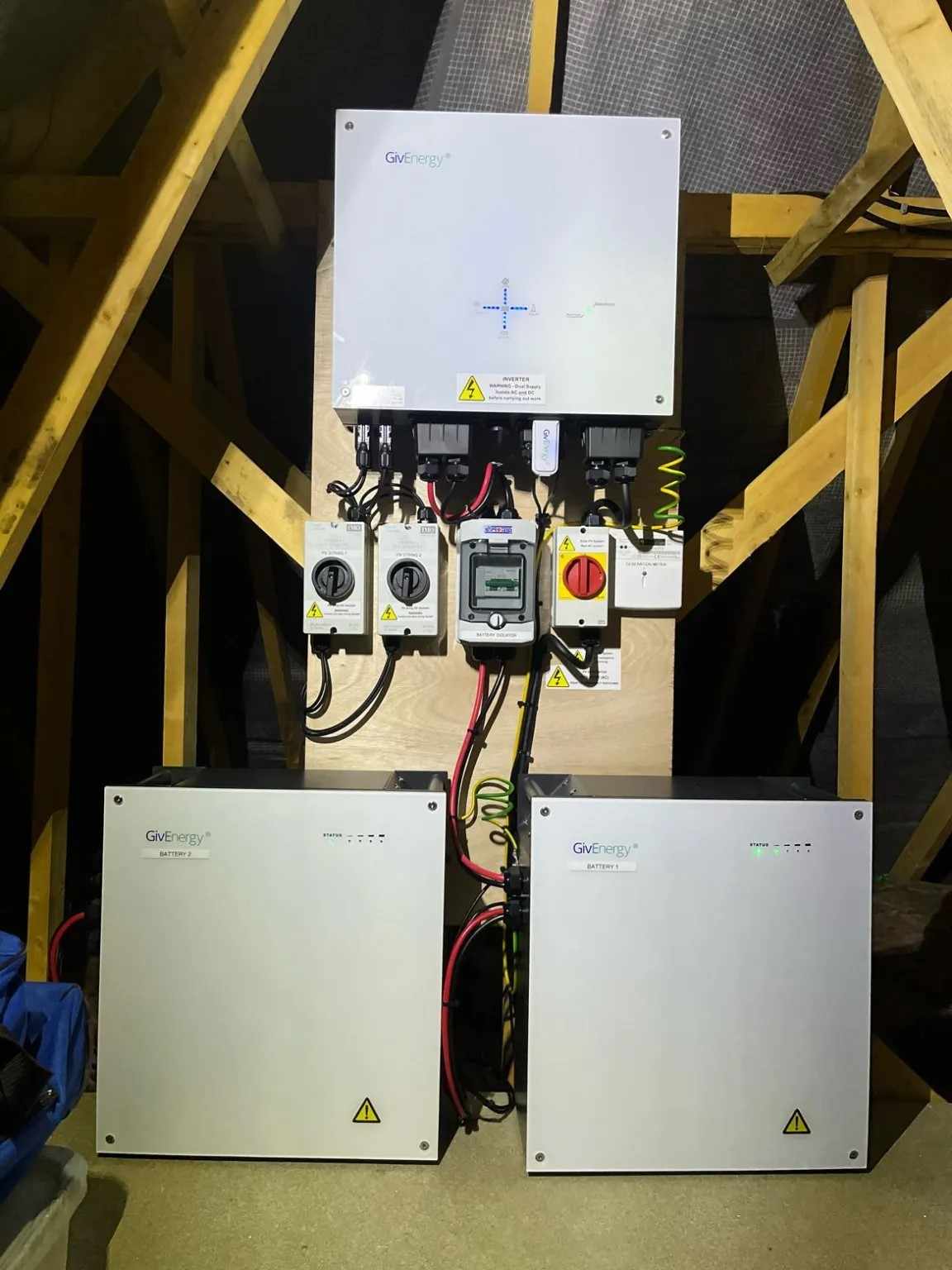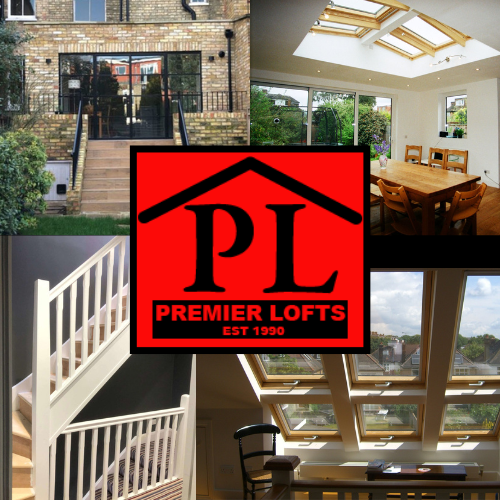No, you typically do not need planning permission for fitting solar panels on a residential property like a detached or terraced home. Solar panels fall under something called permitted development by the Government which means that you can make this addition without applying, submitting or getting approval for planning permission.
This means that solar panels joins other types of permitted development such as conservatories (up to a certain point), garden sheds, greenhouses and garden offices (up to a certain point), EV chargers and more.
The only times where you might need planning permission for using solar panels is if the building is a listed building, or if it is a commercial property or piece of land, where measures need to be taken.
Here we look into planning permission for solar panels, when you might need it and how to apply for it.
Do You Need Planning Permission for Solar Panels?
No, when it comes to solar panels, they fall under what is known as “permitted development rights” in the UK. This permission comes from the government and states that construction can be carried out without planning permission.
In order for permitted development rights to apply, the solar panel plans need to adhere to certain conditions. These concern the placement and position of the solar panels, how they affect the building appearance and their size.
Before going ahead with work on your property which changes the building structure, such as a loft conversion or kitchen extension, you will need to get a special type of approval known as planning permission. Extensions, for example, or any big changes to the home typically need planning permission.
Planning permission takes into account the proposed plan including its appearance and how it might affect the surrounding area and nearby neighbours.
When Do You Need Planning Permission for Solar Panels on Residential Buildings?
It is unlikely that you will need planning permission for solar panels on a residential building in the UK. However, you have to meet certain requirements. Your solar panels cannot:
- Stick out >200mm from the roof or wall
- Be installed above the ridgeline
Ground-Mounted Solar Panels
There are more restrictions when it comes to ground-mounted solar panels (solar panels that are mounted in the ground). You can get away with not applying for planning permission for these solar powers as long as:
- It is the only ground-mounted solar installation on the property
- It sits at least 5 metres from the property boundaries
- It does not exceed 4 metres in height
- It takes up a maximum overall space of 9m²
- It does not lie inside the boundary of a listed building
- It is not visible from the highway if in a designated conservation area or World Heritage Site

Flat-Roofed Properties
If you want to install solar panels on your residential property and it has a flat roof, you will probably need planning permission. Due to the angle that solar panels must be placed at on flat roofs, they typically exceed the 200mm limit so do not fall under permitted development rights.
Conservation Areas
Any properties in conservation areas or on World Heritage Sites will require planning permission if:
- the solar panels are visible from the highway
- you want to install wall-mounted solar panels
- you want to place solar panels on the main or side elevation walls
Listed Buildings
For those living in listed buildings, you will always have to apply for planning permission. However, before you can do that, you must first apply for listed building consent. This can be done through the local planning authority who will decide whether or not the proposed building modifications are appropriate. Once the listed building consent is received, you can apply for planning permission.
The Rise of Solar Panels in the UK
In the UK currently, around 4.9% of households have solar panels in 2024 – a percentage increase of 1.4% since 2022. Solar power is on the rise in the UK as more people become conscious of the benefits of renewable energy and the potential money it could save them. The majority of residential properties are suitable for solar panel installation and solar panels are a great long-term investment; however, homeowners should always check whether the property requires planning permission before they start the installation process.
Do You Need Planning Permission for Solar Panels on Commercial Buildings?
Like residential buildings, if you are looking for solar panels of commercial buildings , this will also fall under permitted development rights for solar panel installations. However, there are some requirements that the installation must meet:
- For flat roofs, panels must not project more than 1m from the roof’s surface and cannot be the highest point of the structure.
- Solar panels must not project more than 2m from the roof or wall and must be a minimum of 1m away from the building’s external edges
- Ground-mounted panels cannot take up more than 9m², can not exceed 4m in height, and can not be more than 3m in any direction.
When choosing to go ahead with solar panel installation on your residential property, you are making a long-term investment to reduce energy costs and reduce your carbon footprint. While it is unlikely that you will need planning permission, it is always worth contacting your Local Planning Authority to make 100% sure.


